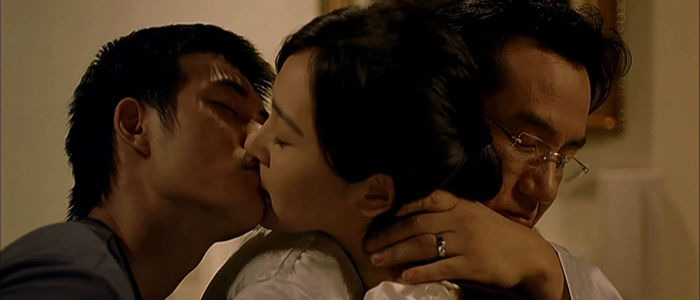Korean cinema has gained international acclaim for its bold storytelling, innovative techniques, and willingness to explore taboo subjects. Among these subjects, sexuality has been a recurring theme, often depicted in a nuanced and thought-provoking manner. From intimate romances to daring explorations of desire, Korean filmmakers have delved into the intricacies of human relationships and the complexities of sexual identity. In this article, we will delve into the world of sexual Korean movies, examining their significance, impact, and the unique perspectives they offer.
The Rise of Sexual Korean Cinema:
The exploration of sexuality in Korean cinema has evolved over the years, reflecting the changing social attitudes and cultural landscape of the country. In the early days of Korean cinema, discussions of sexuality were often restricted by censorship laws and societal taboos. However, as the industry matured and filmmakers gained more creative freedom, they began to tackle sexual themes with increasing honesty and depth.
One of the milestones in the representation of sexuality in Korean cinema was the release of Kim Ki-duk’s “The Isle” in 2000. The film, though controversial for its explicit content, received critical acclaim for its haunting portrayal of love, lust, and violence. It opened the door for other filmmakers to explore similar themes, sparking a new wave of sexually charged cinema in Korea.
Themes and Motifs:
Sexual Korean movies often explore a wide range of themes and motifs, from forbidden love and desire to the complexities of sexual identity and power dynamics. These films delve into the intricacies of human relationships, exposing the vulnerabilities and desires that lie beneath the surface.
One recurring motif in sexual Korean cinema is the exploration of forbidden or taboo relationships. Films like “The Handmaiden” directed by Park Chan-wook, and “Lies” directed by Jang Sun-woo, challenge societal norms and conventions by depicting unconventional relationships that defy categorization. These films often delve into themes of power, control, and liberation, offering a critique of social structures and expectations.
Another prevalent theme is the exploration of sexual identity and desire. Films like “Blue is the Warmest Color” and “The Concubine” delve into the complexities of sexual awakening and desire, portraying characters who grapple with their own desires in the face of societal expectations. These films often offer a nuanced portrayal of sexuality, depicting it as a fluid and multifaceted aspect of human experience.
Impact and Reception:
Sexual Korean cinema has garnered both critical acclaim and commercial success both domestically and internationally. Films like “Oldboy,” “The Handmaiden,” and “The Housemaid” have received widespread praise for their bold storytelling, stunning visuals, and complex characters. These films have helped to elevate Korean cinema onto the global stage, earning accolades at prestigious film festivals and attracting audiences from around the world.
However, sexual Korean cinema has also faced its share of controversy and criticism. Some have accused these films of sensationalizing sexuality or perpetuating harmful stereotypes. Others have raised concerns about the objectification of women and the lack of diversity in representation. Despite these criticisms, sexual Korean cinema continues to push boundaries and provoke thought, challenging audiences to confront their own preconceptions and biases.
Conclusion:
Sexual Korean cinema occupies a unique and important place in the landscape of contemporary cinema. Through its bold storytelling, innovative techniques, and willingness to tackle taboo subjects, it has helped to redefine the boundaries of what is possible in filmmaking. From intimate romances to daring explorations of desire, these films offer a glimpse into the complexities of human relationships and the intricacies of sexual identity. As Korean cinema continues to evolve and flourish, it is clear that the exploration of sexuality will remain a central and vital theme, reflecting the ever-changing landscape of society and culture.
